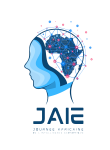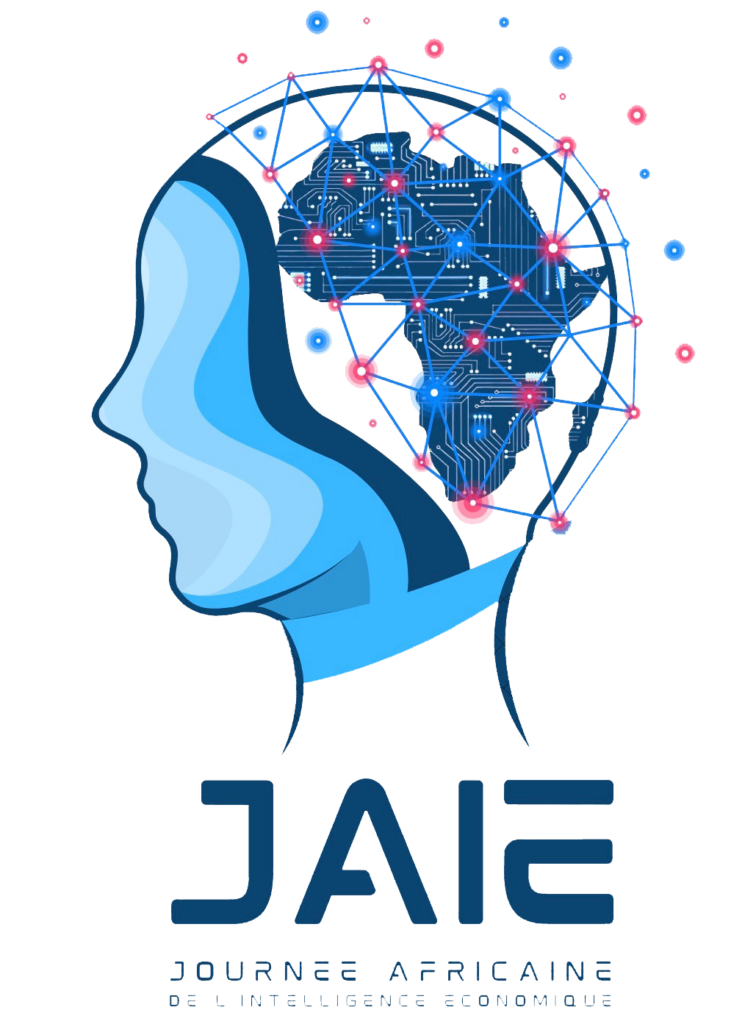Message from the President of the ACCI

Dr Guy GWETH
The African centre for competitive intelligence (ACCI) highlights that artificial intelligence (AI) emerged during the first half of the 20th century, initially popularized through narratives and depictions of intelligent machines in science fiction movies. Participants attending the ACCI’s training courses recognize the significant influence of science fiction literature and movies in shaping technology monitoring strategies. While AI was initially conceptualized in fiction, it gradually materialized in American universities and subsequently spread to other research centres in industrialized nations.
In Switzerland, for instance, in the fourth quarter of 2021, the Federal Institute of Technology and the University of Geneva recently established the Science for Diplomacy Laboratory. This pioneering unit is dedicated to leveraging machine learning technologies to address intricate diplomatic challenges. Complementing deep learning, this process involves feeding AI with data to facilitate continuous improvement and generate valuable insights.
Deep learning, inspired by the learning mechanisms of the human brain, progressively enhances its precision as it accumulates knowledge over time.
The ACCI defines AI as a field of computer science focused on the creation of machines capable of simulating human cognitive processes such as perception, learning, reasoning and decision-making, with a view to developing systems capable of performing tasks originally carried out by humans. These systems use statistical models and algorithms to analyse data, learn from past examples and decide for themselves.
The ACCI’s primary mission is to effectively contribute to the competitiveness of African public and private players, it has a duty to leverage AI for this purpose.
Placed under the theme of ‘How artificial intelligence enhances the performance of public and private players”, the 7th edition of the African Competitive Intelligence Days (JAIE2024) aims to *incorporate artificial intelligence into the daily lives of organisations across the continent, fostering controlled adoption, for enhanced competitiveness.
The international experts invited from the four corners of the globe will be sharing their expertise and experience with African players who are more familiar with local contexts. Together, they will co-construct the ideal scenario that will lead to the publication of a handbook for public and private players in Africa.


